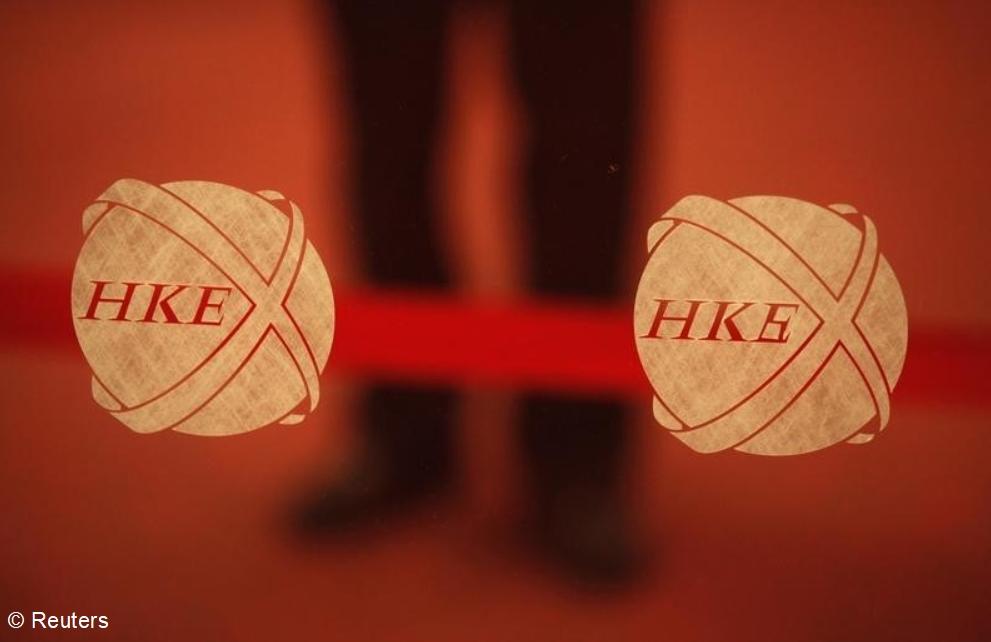Asian market falls on COVID-19 concerns
China and Hong Kong stocks fell on Monday amid rising concerns over new COVID-19 restrictions, while the rest of Asian stocks fell after strong U.S. employment data raised the possibility of a sharper interest rate hike by the U.S. Federal Reserve.
Hong Kong’s Hang Seng Technology Index was an underdog in the region, falling 1.4%. Big tech companies including Baidu (NASDAQ:BIDU) Inc (HK:9888), Alibaba (NYSE:BABA) Group Holding Ltd (HK:9988) and Tencent Holdings Ltd (HK:0700) fell 1.9-3% , having the greatest impact on the index.
China’s blue-chip Shanghai Shenzhen CSI 300 fell 0.6%, while the Shanghai Composite traded flat. Sentiment towards Hong Kong and China worsened over the weekend after the government imposed new quarantine restrictions on the Chinese cities of Shenzhen and Chengdu to combat a new surge in COVID-19 cases.
The quarantine is the latest in a string of restrictions imposed by Beijing this year as part of its zero tolerance policy for COVID-19. The government’s refusal to budge on this policy has taken a heavy toll on the country’s economy this year.
The Chinese stock market has fallen sharply this year, and the yuan has fallen to a 2-year low.
However, economic data on Monday showed that China’s services sector grew more-than-expected in August, indicating some signs of recovery from the pandemic.
Asian stocks were broadly lower after economic data on Friday showed US nonfarm payrolls rose more-than-expected in August. This release gives the Fed more room to continue its rapid rate hike in 2022.
Traders are now estimating a 57% chance of a 75 basis point Fed rate hike in September.
The Philippine PSEi Composite index fell 0.6% and became the worst in Southeast Asia.
The South Korean KOSPI fell 0.3%. Economic activity in the country is expected to be disrupted by Typhoon Hinnamnor, one of the strongest to hit South Korea in recent times.
But Australia’s S&P/ASX 200 rose 0.2% after data showed the country’s service sector unexpectedly surged in August. Corporate earnings in Australia also rose more than expected in the second quarter.




